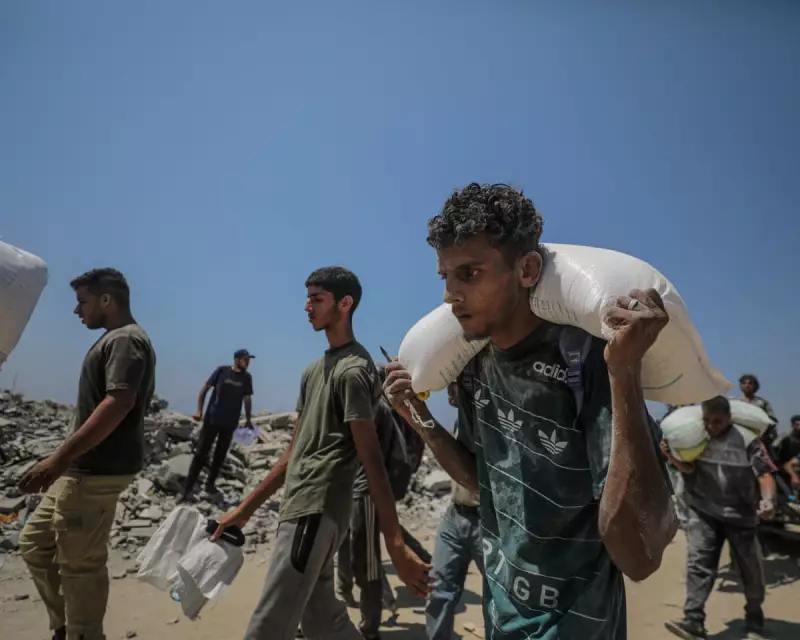
Israel has announced daily tactical pauses in its military operations in Gaza, raising hopes for improved humanitarian conditions in the besieged territory. However, experts question whether these brief cessations will be enough to address the deepening starvation crisis affecting hundreds of thousands of Palestinians.
The Humanitarian Catastrophe in Gaza
With food supplies critically low and distribution networks severely disrupted, Gaza faces what aid organisations describe as one of the worst hunger crises in modern history. The United Nations reports that over half a million people are experiencing catastrophic food insecurity, with children particularly vulnerable to malnutrition.
Military Pauses: A Temporary Respite?
The Israeli military's decision to implement daily four-hour pauses along specific routes aims to facilitate humanitarian access. While welcomed by international observers, many argue these measures fall far short of what's needed to prevent mass starvation.
Key challenges include:
- Insufficient duration of pauses for meaningful aid distribution
- Ongoing damage to infrastructure making transport difficult
- Security concerns preventing civilians from accessing aid points
- Severe shortages of fuel needed for food transportation
International Response and Future Prospects
The international community remains divided on how to address the crisis effectively. While some nations push for longer ceasefires, others emphasise the need for political solutions to the broader conflict. Humanitarian organisations continue to call for:
- Unrestricted access for aid convoys
- Protection of civilian infrastructure
- Immediate nutritional support for vulnerable groups
- Long-term solutions to food security
As the situation evolves, all eyes remain on whether these military pauses can be expanded into more substantial humanitarian corridors, or if Gaza's starvation crisis will continue to deepen despite these limited measures.





